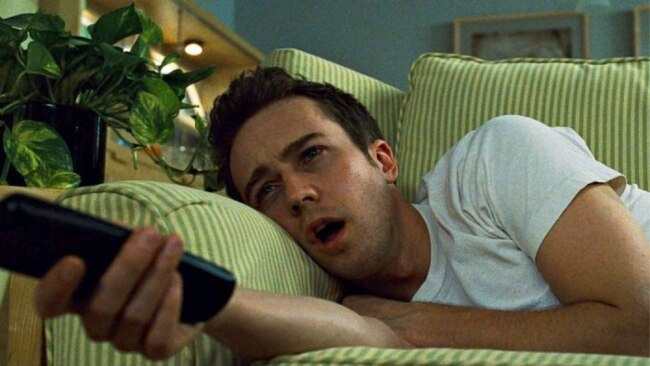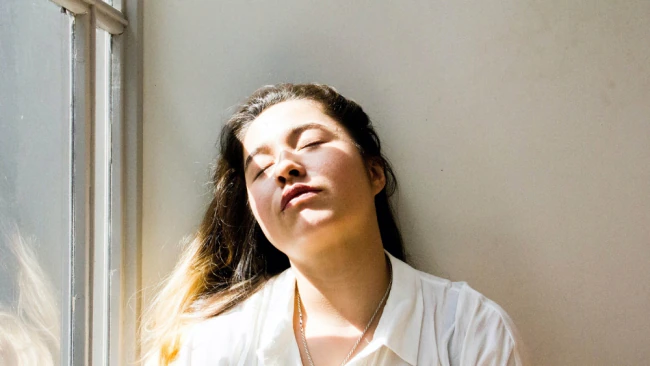We all know sleeping not enough (i.e. below 7 hours) is problematic to our physical and mental health, but what about when you sleep above the optimum (i.e. above 9 hours)?
Well, i’ll save you the research and answer your questions now. It is Sleep Well Wednesdays after all.
Why do we feel exhausted when we oversleep?
It promotes circadian misalignment – a mismatch between our internal clocks and external clocks.
Essentially, as the external clock runs on a 24 hour cycle (a day length), we want to synchronise our patterns to align with this – e.g. sleep when it’s dark, wake when it’s light.
If we are sleeping beyond the regular 7-9 hours, it can throw out the delicate balance between these two clocks, and promote a similar feeling to that of jetlag – lethargy, fatigue and mental exhaustion.

What about our mood?
Research links depression and oversleeping: evidence pinpoints 40% of those with depression are also considered hypersomniacs (long sleepers).
Similarly, up to 68% of those with bipolar are also long sleepers.
Essentially, sleep alters our delicate neurochemical balance – controlling happiness hormones such as serotonin, dopamine and norepinephrine.
Thus – as short sleep is a risk for poor mental health; so too is oversleeping.
What happens to the body?
Studies also show long sleep can be as problematic as insufficient sleep – e.g. it can increase your risk of mortality by upcto 30%. This is mainly derived from a cluster of cardiovascular illnesses linked to oversleeping, such as heart disease, diabetes and hypertension.
Reflectively, the infamous ‘Nurses Health Study’, involving over 72,000 nurses, found those sleeping 9-11 hours had a 38% increased risk of heart disease.

So, what should we aim for?
It depends on your age, sleep debt and chronotype.
Overall though, most adults need between 7-9 hours. Teens need slightly more – between 9-9.5 hours, and older adults, slightly less – between 7-8 hours.

+ show Comments
- Hide Comments
add a comment